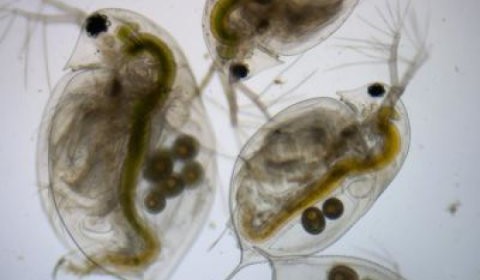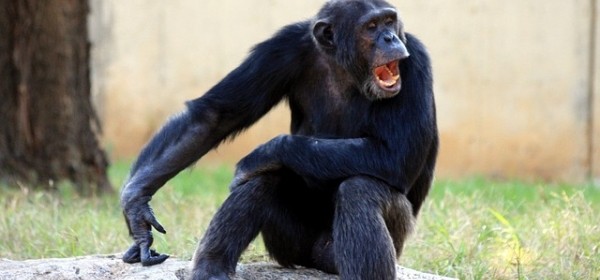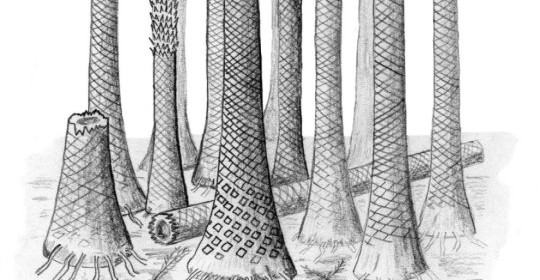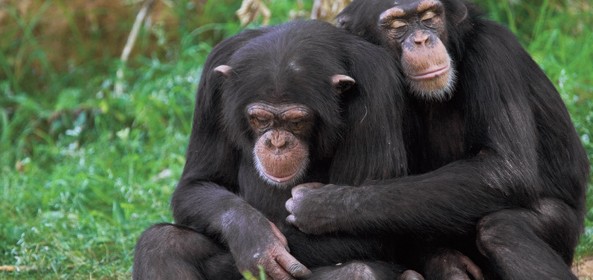Antarctic Fish Have Ice In Their Veins
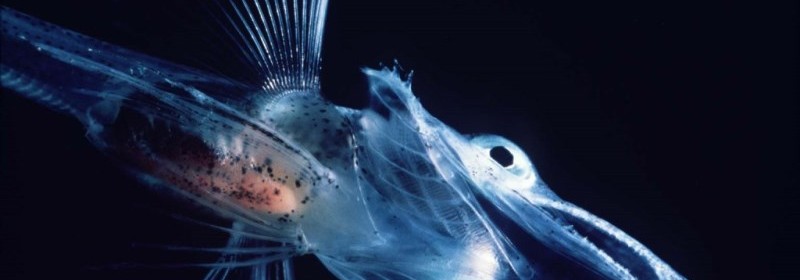
Scientists have revealed that some fish that thrive in the freezing cold waters of the Antarctic actually have ice in their veins. A protein in their system called notothenioids not only keep the fish from freezing to death, but also keeps ice crystals in their veins. Although the ice crystals would melt at temperatures just slightly above freezing, the fish […]
Read more




